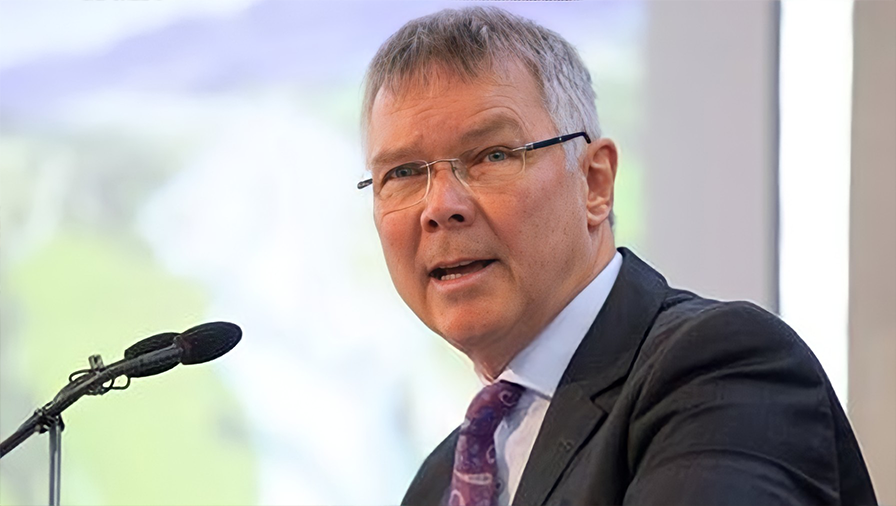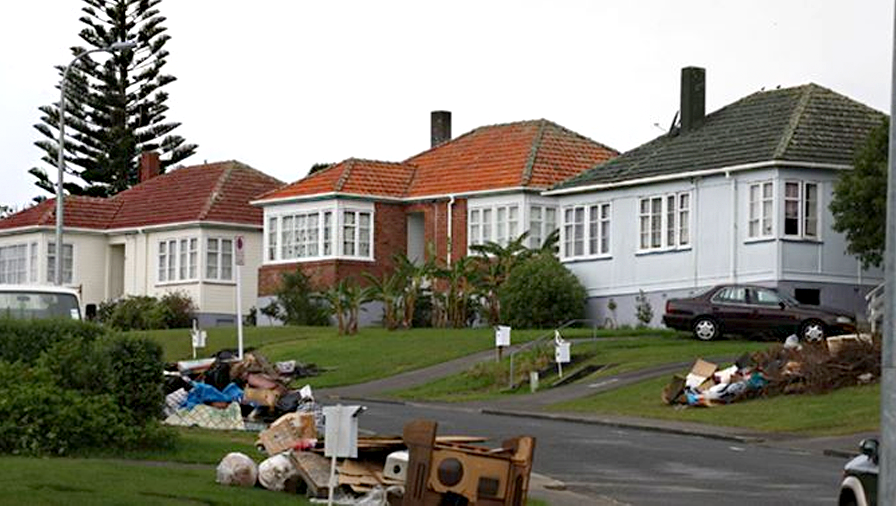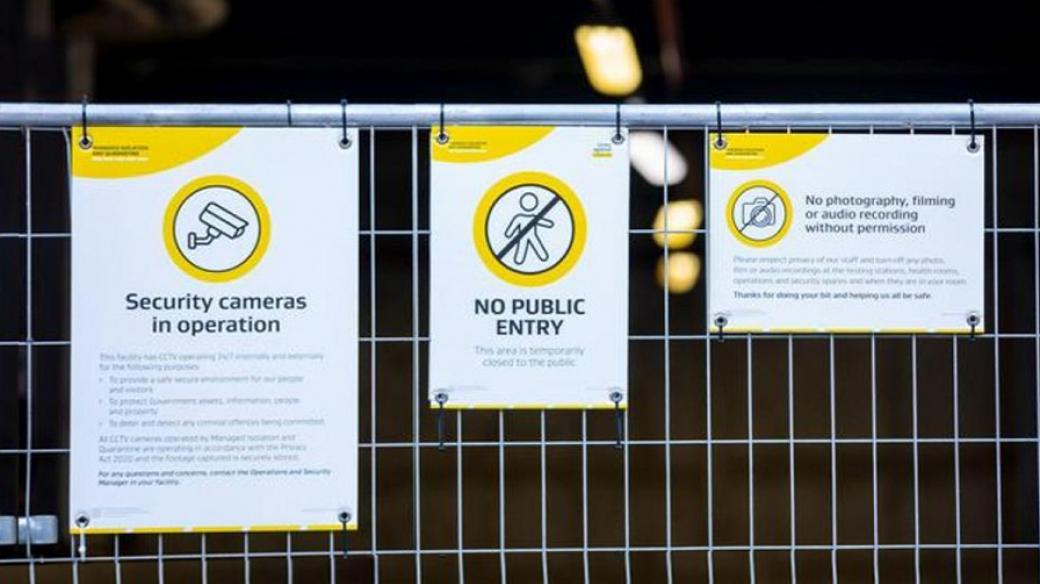The three-letter word: TAX
ANALYSIS: Bryce Edwards debates a wealth tax, state housing, MIQ, and the coming election.
ANALYSIS: Bryce Edwards debates a wealth tax, state housing, MIQ, and the coming election.
The usually low-profile Revenue Minister David Parker made headlines last week claiming the wealthiest Kiwis are not paying their fair share of tax.
His remarks came in a speech at Wellington’s Victoria University where he launched the Tax Principles Bill, which would force governments to set out the principles of fairness in the tax system they oversee.
Parker makes it clear Labour remains committed to last election’s tax policy of passing no new taxes other than those stated in its 2020 manifesto this term and Prime Minister Jacinda Ardern has repeatedly said there were be no capital gains tax while she leads the Labour Party.
The new bill is part of the work Parker has been doing in recent years into the wealth levels of the richest New Zealanders and how much tax they pay.
He said last week the most interesting question for him was “whether we have a progressive tax income or whether middle-income people pay higher rates of tax than better-off people”.
Parker says apart from information gleaned from NBR’s annual Rich List, neither he nor IRD have any idea how much the wealthy earn. Just for the record, NBR has renamed it The NBR List with a shift in focus away from just how much wealth people have accumulated towards people creating wealth and giving back (and this year’s new List is out soon).
Critics of Parker are suggesting this is all about setting the scene for a wealth tax.
But political commentator Bryce Edwards says Parker is doing good work in this area and the new legislation ias nothing to be scared of.
“Tax is a great thing to have more debate on so we should be discussing this more and this is what this legislation enables. I don’t think there's anything wildly left-wing or socialist in this.”

Being upfront
National claims Labour is looking for tools to dream up new ways to tax people and Edwards says that’s not necessarily a criticism because “we do need to tax people”.
But he says the key thing is for Labour to announce early what it intends, prior to next year's general election.
“That would be a bad situation, if we get another kind of Three Waters-type situation that’s not announced in advance of the election and then there’s this huge reform. But I do think Labour will bring something to the next election.”
Talk of a capital gains tax has been around for years but successive governments have shied away from introducing one because of the potential political fallout.
Edwards says he thinks people’s views have changed.
“The years that we’ve been through such dramatic changes and that debate about inequality and the failing health system does mean that some people are willing to relook at these things. But it does need a debate, it can’t just be the government imposing something.”

State housing woes
The Opposition has been pushing the Government hard over the rising state housing list, standing at 2600, up 500 in a month.
Edwards says it is one area the Government hasn’t yet got right and it deserves the criticism it is getting because it hasn’t committed the money it needs to, to resolve the state housing shortage.
“You have to remember that Kāinga Ora is still basically a corporation owned by the Government. The Government doesn’t fund any of the state housing building – Kāinga Ora has to go out to the market and loan this money on the basis that they’re going to get rents.”
While the Government points to 18,000 new state houses being built, it doesn’t take into account how many are also being demolished, which is why the waiting list numbers are still rising.
“Often it’s the case that [Kāinga Ora] will take a block where there’s nine or 10 state house and demolish them all. And then they build five new state houses on a small portion of that area and they use the rest for selling off to private housing. So you end up not having enough replacement of state housing, the numbers are going down.”
Housing Minister Megan Woods last week also announced $1.4 billion funding for further infrastructure for five Auckland suburbs undergoing regeneration. She announced about 400 projects in the suburbs of Mt Roskill, Mangere, Tamaki, Oranga, and Northcote would get funding from the Government’s $3.8b Housing Acceleration Fund announced in March last year to create more housing.
Woods says the Large Scale Projects under way in those suburbs are the first of their kind in New Zealand and the work will allow the replacement of 4000 Kāinga Ora homes, an additional 2000 Kāinga Ora homes, as well as 10,000 homes for purchase. Auckland has an estimated housing shortage of 25,000 homes and Edwards says helping on the infrastructure side is the right move by the Government.
“[It is] building the infrastructure to allow a bit of state housing but mostly private housing to be built. It’s what Government needs to do because no-one else is ready to build that infrastructure, whether it’s the private developers or local councils.”
But he says the money committed to the Housing Acceleration Fund has already been announced at the last Budget, so this was just an announcement about how some of it was being spent, rather than new funding.

MIQ decisions
Lobby group Grounded Kiwis is seeking an apology from the Government after winning a High Court challenge of the Government’s now-lapsed requirement that New Zealand citizens go through managed isolation and quarantine (MIQ) in order to return home.
A High Court decision last week found the MIQ system didn’t sufficiently allow individual circumstances to be considered and prioritised where necessary during management of the system between September 1 and December 17, 2021.
There have been other successful legal challenges of the legality of the way MIQ was managed and of the mandated lockdowns.
Edwards says the Government has got a lot right with Covid and happily accepts any plaudits that comes its way about saving lives and doing better than other countries, but won’t accept criticism where it got things wrong.
“Like the mandates, some of them were illegal and some of the lockdown elements were illegal and now an element of this is illegal. They’re not willing to accept those criticisms and, of course, even before this part was deemed illegal, people have been telling the Government for a long time that this lottery system was a farce and they weren’t willing to fix it.”
There were more nuanced ways MIQ could have been handled including a similar points system to that used by the Immigration Department, he says.
“The Government deserves a big slap for this and they should be taking it on.”
How does the Government turn around a recent stream of bad news and high inflation as it heads into next year’s election?
“I’m not here to advise any parties how to win elections but it’s going to be a hard one for Labour. I think this is going to be a close battle for next year’s election and those inflation figures are going to hurt a lot of its own constituency – working people, poor people are the ones that are most hurt by the cost of living crisis.”
Edwards points to the recent French election result where Emmanuel Macron won five more years as France’s president after beating rival Marine Le Pen, but she secured the far right’s highest share of the vote yet, at 41.45%.

“They [Labour] do risk losing a lot of those people to any other forces whether they’re populists or right wingers that focus on the cost of living like we saw with Marine Le Pen in France. That was why she got just over 40% of the vote ... she focused on the Government.”
And while she didn’t win, it was still astonishing that a far right candidate could get so much of the vote, Edwards says.
“I can see something similar happening here. I don’t know if it’s going to be National campaign on this or New Zealand First, or some new left wing figure but Labour is vulnerable on this. We always have to come back to ‘It’s the economy, stupid’, and that is what drives elections. Labour seems to think it can win by provoking a cultural war by pushing co-governance and pushing a lot of modernisation of the school curriculum. Some of these things are great but they’re not going to help my wallet.”